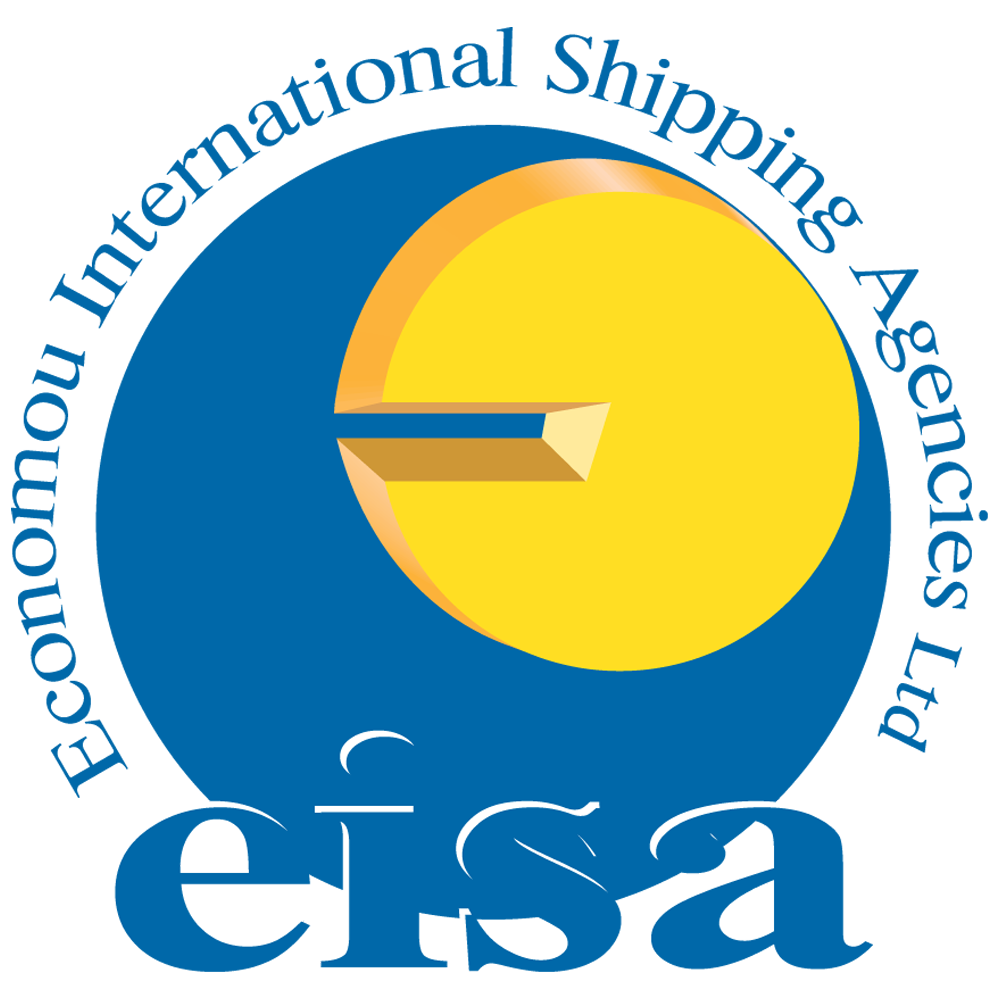Thessaloniki
-
General Description
-
Tide
-
Weather Restrictions
-
Services
General Description
| UN/LOCODE: | GRSKG |
| Coordinates: | 040°38’N / 022°56’E |
| B. A. Nautical Chart No: | 2070 |
| Time zone: | UTC +2 hrs |
| Port Security Level: | 1 |
Thessaloniki Port is separated into three zones:
Passenger terminal
A modern facility located in the central port and near the city center, serves coastal shipping such as the north-eastern Aegean Islands, the Dodecanese Islands and Samos, the Cycladic Islands and Crete and the North Sporades. Part of the pier and terminal is set aside for cruise ships.
Container Terminal
It is located in a specially arranged area 550m long and 340m wide in the western part of Pier 6 of the port and can accommodate ships up to max draft 12m.
Conventional cargo is handled in an area totaling about 1 million m2 with quay length of 4,000m (quays 10-24) and depth up to 12m. Cargoes handled include general cargo (steel products, palletized cargo, timber, marble, etc.), dry bulk cargoes (minerals, cement, ores, coal, grains, feedstuffs, fertilizers, scrap), liquid bulk cargoes via pipeline (spirits, chloroform, asphalt, chemicals, mineral oils, wine) and Ro-Ro vehicles.
Free-trade zone is available, offering storage space of 3.200 ground slots.
An artificial islet jetty is available within Thermaikos Bay for Crude oil and oil products. The islet belongs to Hellenic Petroleum.
Tide
Tidal variation is minimal.
Weather Restrictions
Thessaloniki is an ice free port.
Services
All general services are available including bunkering, all supplies, fresh water, slops removal, repairs and surveys, crew changes, etc.


